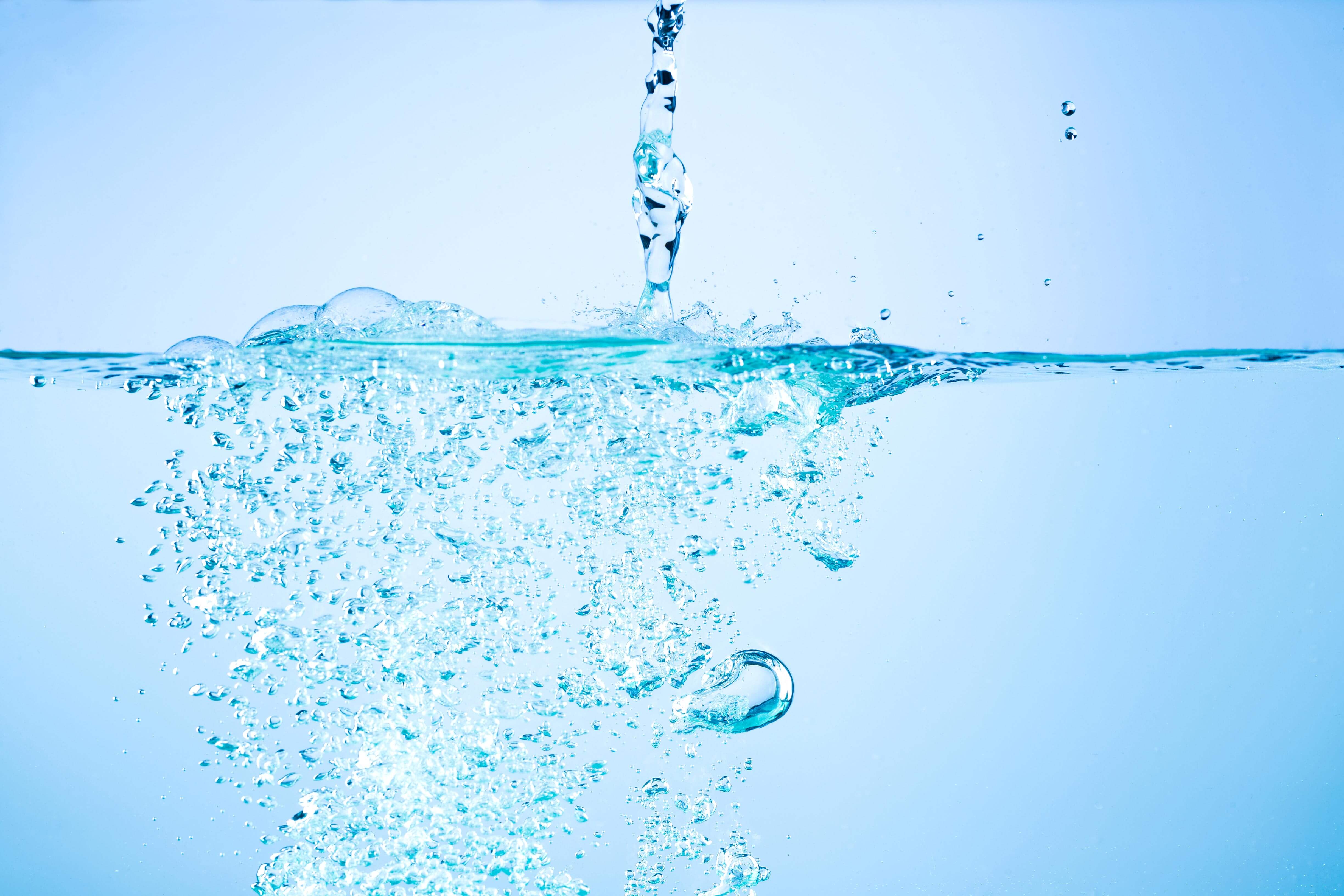
Water: The Silent Powerhouse of Our Body
When we think about physical and mental performance, our minds often turn to vitamins, a balanced diet, or exercise. However, one crucial factor is frequently overlooked: water. This seemingly simple liquid is a cornerstone of all vital processes in the human body—from energy production in our cells to the regulation of body temperature.
Essential for Every Bodily Function
Water plays a multitude of critical roles in our metabolism. It transports oxygen and nutrients, flushes waste products out of the body, regulates temperature, supports digestion, and enables a wide range of chemical reactions. Without sufficient fluid intake, none of these functions can operate at an optimal level.
The most important functions include:
- Delivering nutrients and oxygen to cells
- Supporting digestion and nutrient absorption
- Removing metabolic waste
- Stabilizing circulation and blood pressure
- Cooling the body through sweating
- Contributing to cellular respiration and energy production
- Lubricating and protecting joints and organs
- Maintaining electrolyte and pH balance
- Supporting immune function
- Preserving skin hydration
- Participating in protein formation and structure
How Water Keeps Us Going
Without water, our metabolism is significantly impaired. Many enzymatic processes require an aqueous environment to function properly. Biochemical reactions such as the breakdown and synthesis of molecules also rely on water. Most importantly, water plays a key role in the production of cellular energy (ATP, adenosine triphosphate), which is essential for every living cell.
A well-regulated fluid balance also influences our ability to concentrate. Even a slight decrease in hydration can noticeably impair mental performance and alertness. It is therefore advisable to drink water consistently throughout the day—not just when we feel thirsty.
Water Needs: How Much Is Enough?
As a general guideline: you should consume about 30 ml of water per kilogram of body weight daily. For someone weighing 70 kg, that equates to approximately 2.1 liters. However, individual requirements vary based on activity level, ambient temperature, and overall health. Warning signs of dehydration include dark urine, headaches, and dry skin.
When Drinking Becomes Dangerous
As important as water is, too much of it can also be harmful. Excessive intake may lead to a condition called water intoxication (hyponatremia), where the body's salt balance becomes dangerously diluted. To avoid this, it's recommended not to drink more than one liter of water per hour. If symptoms such as nausea, confusion, or muscle cramps occur, medical attention should be sought immediately.
Conclusion: Nothing Works Without Water
Whether it's physical performance, health, or general well-being—water is essential in all these areas. It operates behind the scenes, enabling countless processes and ensuring that everything in the body runs smoothly. So if you care about proper nutrition and a functioning metabolism, make hydration a priority—because only with adequate water intake can all other health measures truly be effective.
